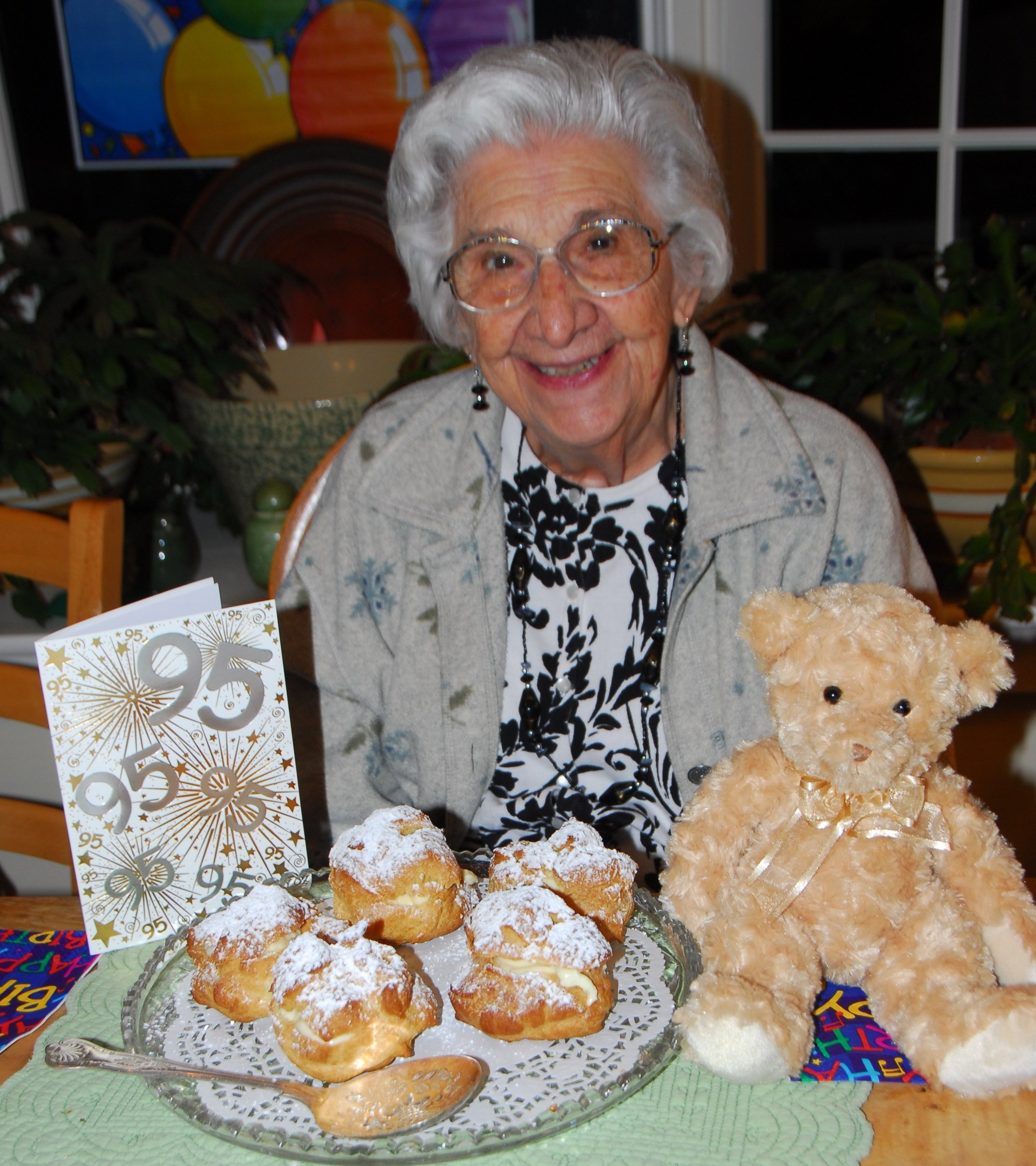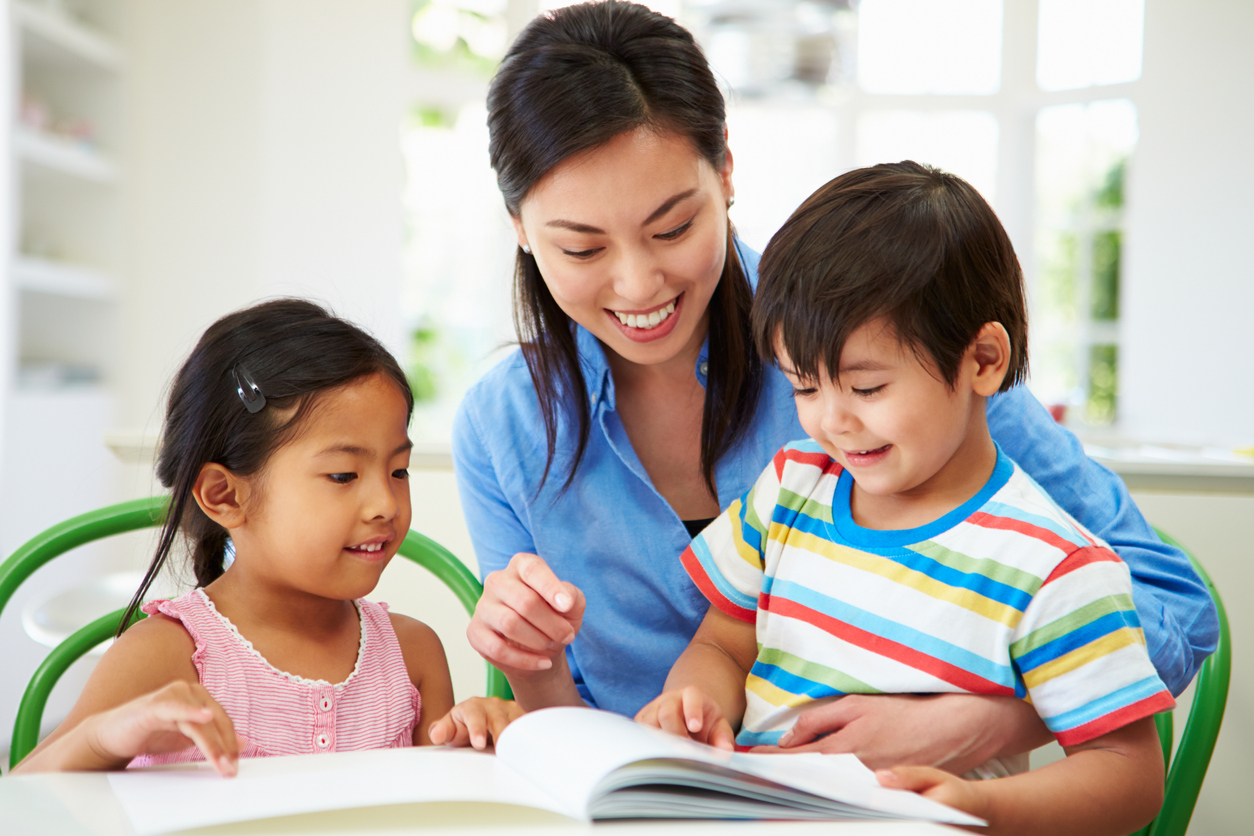I’m Caring. I’m Stressed. I feel Weak.

Most of us in our 30s, 40s or 50s have at one time been part of caring for a more elderly loved one – a parent, grandparent or more distant relative. And, wow, can it emotionally take you down a rabbit hole.
If you have been in this situation, you’ve experienced a diagnosis or simply a slower decline during aging. Perhaps, you’ve had to handle changing residential living arrangements. Possibly, you’ve realized that wills and other estate arrangement were not structured effectively or done at all. Likely, you’ve been responsible for some element of direct care – errands, transportation to medical appointments or even daily hygiene care. And ultimately, any caregiver ends up involved in some capacity managing medical discussions, making healthcare decisions and executing complex Medicare and Medicaid coverage options. Some days, the decisions and tactical activities involved are enough to make any strong human being want to pull their hair out.
Caring Feels Good
And yet, caring for your loved one is the ultimate gift that one can give. AARP’s recent Family Caregiving Survey reports that 54% of caregivers experience great satisfaction and joy in caring for a loved one. Human beings in our core feel positive about giving back, especially to those who gave to us in our past. Often, a person’s satisfaction comes from a heightened sense of self awareness and, therefore, self confidence. The National Association of Caregivers Association has actually found that 75% of caregivers directly associate the act of helping their loved one directly contributed to their own self identification and increased self confidence. So we feel good while being a caregiver. Then why do over half of caregivers report being stressed (51%), worried (51%), and overwhelmed (40%)?
Caring is Stressful
Why? Let’s face it. Caregiving is hard. It’s exhausting. It’s emotionally confusing. And at times, it can be downright scary. Being fully responsible for someone’s health and wellbeing is scary! As a parent of a teen and tween, I am very familiar with the weight of caring for another person’s well being. Yet it’s a comfortable zone – caring for humans in my life who are younger than I and for whom I’ve always cared. It’s familiar territory, even if I am walking the unknown path of teen-land. Yet, caring for someone older, more frail – and someone who had once been so completely capable in life?? Well, honestly, it can be emotionally taxing and complex. And confusing. And stressful. And even downright depressing at times.
My Mom-Mom
I experienced this with my paternal grandmother. She was the cornerstone of my immediate family and lived fairly independently until shortly before she died. Yet, the reality is that my parents truly were her caregivers for years after she stopped driving. For as independent as she seemed, without them she would have been completely isolated. They managed her health care, helped her structure her legal documents, ran errands, kept her social and worked tirelessly to attend her physically and emotionally. I guarantee that neither of my parents regret one second of this time or their efforts. Yet, I know it took a toll on them occasionally and it certainly consumed their weeks as the years stretched on. For at least a decade, there was never a time that – in the prime of their own retirement – they would just drop everything and travel without first ensuring my grandmother would be attended to.

During her final fast decline, I sat with her for hours on many occasions and stayed overnight at times to ensure she did not fall or need assistance. These special moments I hold close and always will. But I would be lying if I did not admit that they scared me sometimes, as well. The emotional complexity around needing to care so intimately for a woman who had literally been a rock in my life for 43 years was significant. It forced me to face the future decline of my own parents, my aging and my lack of knowledge in all the areas mentioned above.
So often, people attribute sadness, stress or depression related to caregiving as simply “one being weak or selfish.” We are here to tell you that it’s OK. It’s real. It’s valid. It’s understandable. And there is support. We at Torchlight have an entire section within both our modules that addresses support for the caregiver themselves. There are many associations such as AARP, Family Caregiver Alliance or the Caregiver Action Network are now addressing and creating conversation about the emotional and mental stress that caregiving places upon the actual caregiver.
Caregiving is the best gift you can give someone else. Make sure you give yourself the gift of support during the process.
Rebecca Throop, 2017



